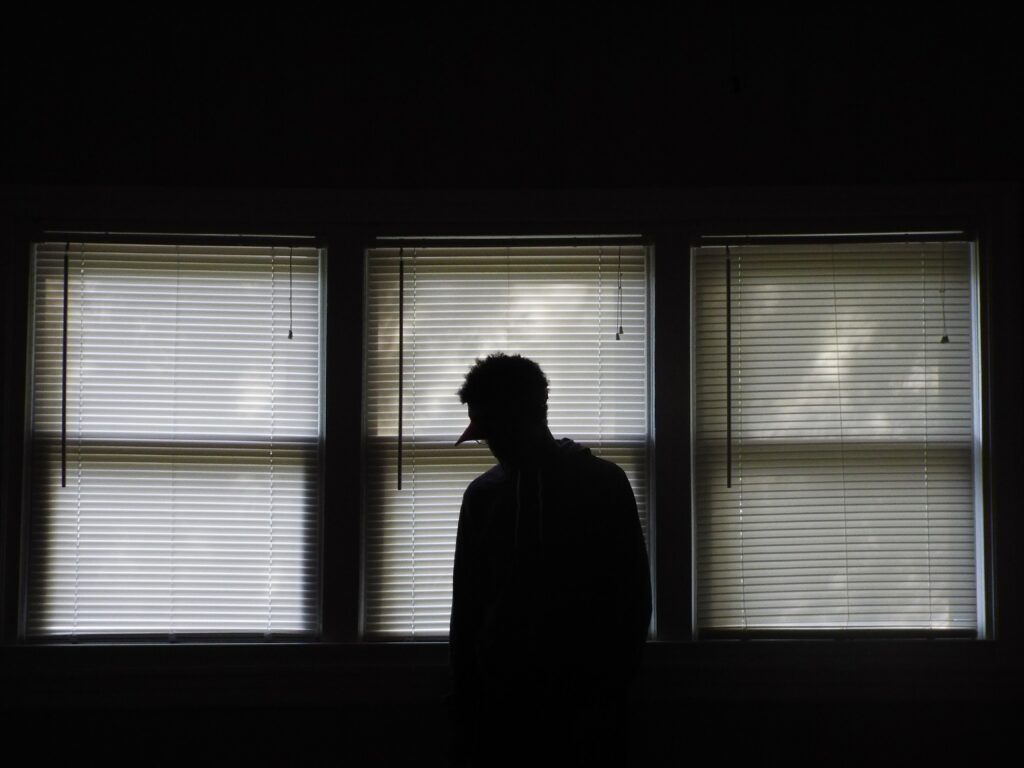How to Manage Shame When You are Depressed

As a pastor when I talk about my bipolar I feel shame.
Yes, I know I shouldn’t. Bipolar is a disease. Stuff happens and bipolar happens to be my stuff. I am staying level with meds and self-care.
But there are times when I feel worth-less because of my disease. Shame can be part of the feelings of mental illness.
I know some of the thoughts people have to discovering my illness. “He is weak…I can’t trust a weak pastor.” “He is flawed.” “Poor guy I can’t help but feel sorry for him.” “If he is unstable I can’t take my problems to him.” “Oh, we have to handle him with kid gloves. He can’t handle church problems.”
Others say, “I am glad my pastor is being real about his life. Maybe he can understand me.” “I am going to support him through tough times.” “We all have problems, so does he.” “He is being authentic with us.”
Who thinks what? It is hard to read faces as I talk. Often there is little feedback. But in following days behaviors reflect their thoughts.
Shame is not unusual when you have bipolar. Psychologists define six primary emotions: anger, disgust, fear, happiness, sadness, and surprise.
Roughy 75% of those depressed have a co-diagnosis of anxiety. Depression is powerful as it combines two primary emotions together, fear and sadness. Shame is secondary emotion. Shame and guilt are different. Shame makes one feel as inadequate, worthless, not valuable. Guilt is regret over actions one has done. Regret is a real action. To be shame-based acknowledges that an act may be wrong but more, you as a person are worthless.
Shame is a common occurrence with depression.
How do we approach shame?
First, we realize that the thoughts that accompany shame are depression speaking. It is not you, it is your illness. Our illness lies to us. Especially when it tells us we are worth-less. The truth to rehearse in our lives is that we are precious made in the image of God. Every one of us is important to Him. We are cherished and treasured by God Himself.
These “truth” thoughts can help overcome shame feelings.
Secondly, shame leads us to “self-criticism”. Instead we need to practice “self compassion.” Begin treating yourself as you would a friend. What would you say to a good friend? “You are important to me.” “I don’t care if you have an illness.” “I will stick with you regardless of how you feel.” “You are precious to me and to God.”
Again, you would not tell your loved ones that they are “worthless”, or you just need to “snap out of it”, “you are unstable.” Those things are unloving. Love yourself in a healthy way.
Thirdly, connect with the important people in your life. Shame grows in the darkness. It can die when it is brought out into the open. Talk to the important people in your life. Especially those who are understanding. Good friends will listen. Yes, it is hard in our culture to make good friends. That will be subject for another article.
Yes, you will make mistakes. Welcome to the human race. Healthy guilt, regret over hurting others is a good thing, it helps us make appropriate changes in our lives. But a shame response is unhealthy. It plays into the lies that your disease plays in your life.
Finally, here are some things God says about you. “Before the world was created, God had Christ choose us to live with him and to be his holy and innocent and loving people. God was kind and decided that Christ would choose us to be God’s own adopted children. God was very kind to us because of the Son he dearly loves and so we should praise God.” Ephesians 1:4-6 (CEV)






